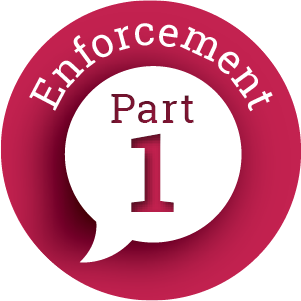
Interview with Karoline Mathys
“Patient safety
is our top priority”
Although Swissmedic is mainly known as a regulatory authority, the Swiss Agency for Therapeutic Products is involved in the entire life cycle of medicinal products and medical devices. What happens when quality defects or safety problems are reported for therapeutic products that are already on the market? Karoline Mathys, Head of Market Surveillance, talks about surveillance and enforcement activities.
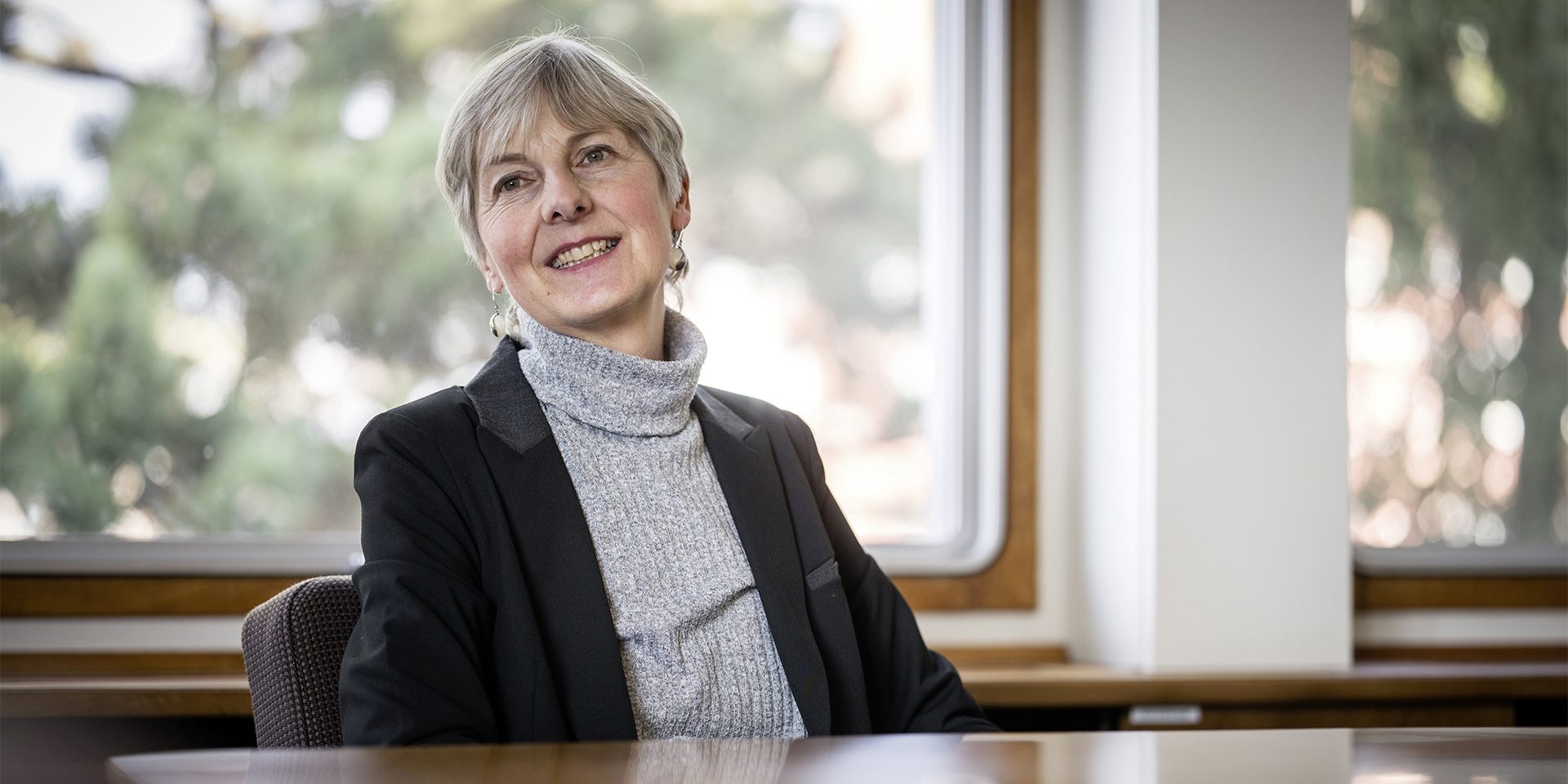
Therapeutic products must be of high quality, safe and effective. What does Swissmedic Market Surveillance do to help achieve this objective?
Swissmedic monitors the relevant stakeholders and the conformity of medicinal products and medical devices on the Swiss market. Our work starts with the surveillance of clinical studies with new medicinal products and medical devices. A wide range of products is involved – from medicines, via vaccines through to the whole medical technology sector and in vitro diagnostic medical devices; and from implants, via surgical robots to complex software.
We surveil the approved clinical trials, evaluate reports of side effects or serious incidents and carry out random on-site inspections to ensure that the trials are properly conducted. In the event of incidents or problems, we intervene to ensure that the required changes are made, or we can even arrange for a study to be terminated if necessary.
What are the differences between the regulation of medicinal products and medical devices?
There is one major difference: For medicinal products we have national Swiss authorisation. As a result, Swissmedic is aware of the available medicinal products and stakeholders in Switzerland. Manufacturers, authorisation holders or wholesalers, for example, need licences from us.
But no official authorisation exists for medical devices, including in vitro diagnostic medical devices. In this sector, Switzerland is part of the EU market. Medical devices are allowed to be marketed simultaneously in the EU and Switzerland on the basis of a conformity assessment. For higher-risk devices, the manufacturer's assessment is supplemented by an evaluation by an inspection agency (“notified body”), which then issues a certificate of conformity.
“Our aim is to remove non-compliant devices from the market and to raise the awareness of market operators so that they meet their responsibilities more effectively.”
But Swissmedic also monitors hospitals – how does that work?
For medical devices, Swissmedic also has a monitoring remit in hospitals. We carry out inspections to check the maintenance and processing of sterile medical devices, as well as the reporting process for serious incidents.
Since 26 May 2021, Swissmedic has operated in accordance with the new regulations for medical devices. What has changed here?
Medicines have been officially reviewed and authorised in Switzerland for the past 120 years. For medical devices, guidelines have existed in Europe for only the past 30 years or so. These have not been applied consistently across Europe and were not strict enough. Incidents repeatedly occurred with inadequately tested medical devices. The new regulations contain stricter requirements for proof of performance and quality assurance, and specify the roles and tasks of economic operators in greater detail. The requirements have been tightened considerably for all market operators and inspection agencies, as well as for official monitoring.
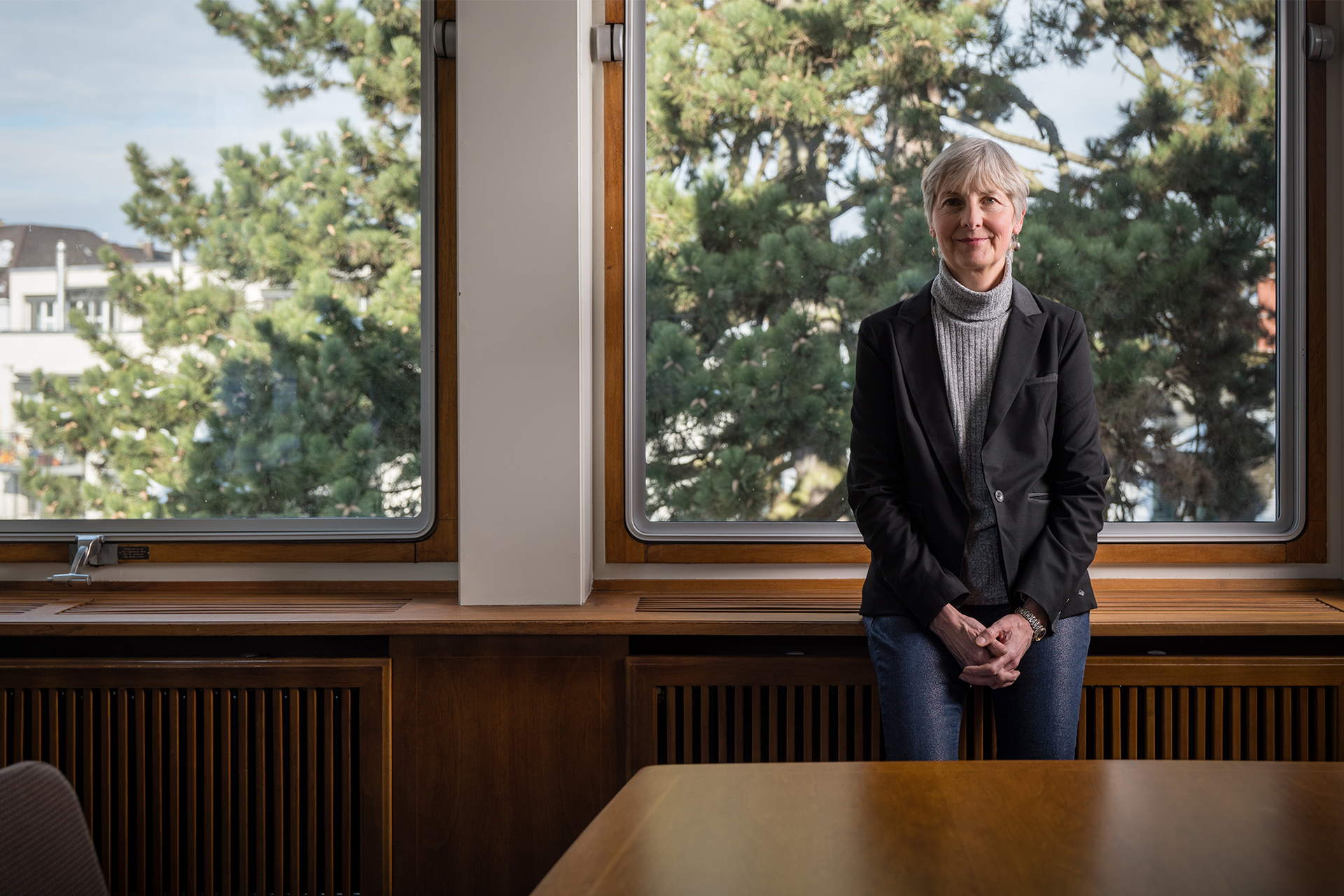
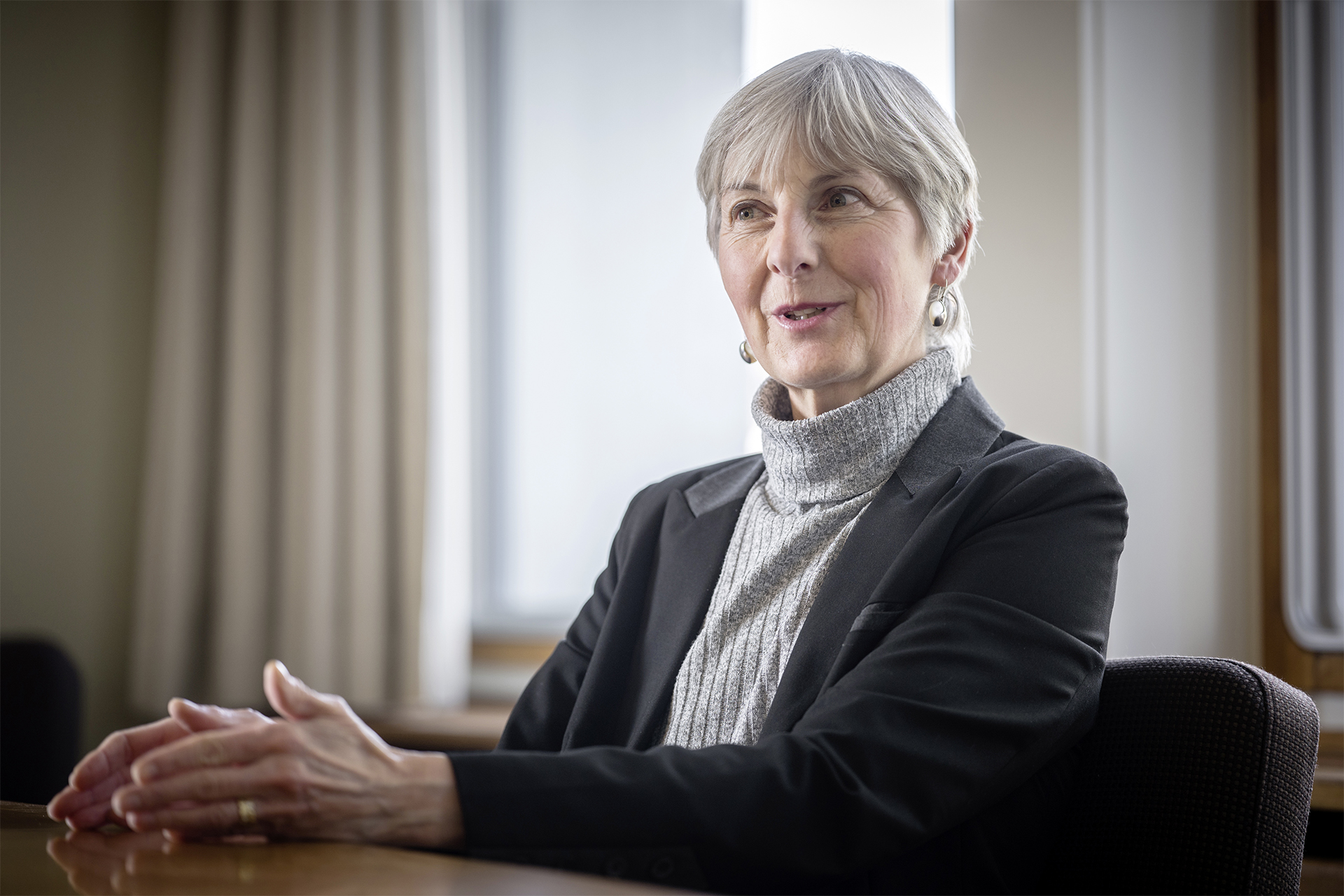
And what do the new regulations mean for manufacturers?
They have to provide more clinical evidence of the performance and safety of the medical devices. Manufacturers must prove that their devices satisfy technical standards and clinical requirements and also establish a quality and risk management system. They must monitor their devices on the market and issue periodic safety update reports, which are then evaluated by inspection agencies and authorities. Much stricter requirements have also been introduced concerning the competence and independence of inspection agencies. All market operators must be involved in the surveillance process and report any suspected non-compliant devices or device deficiencies to the authorities.
What has changed generally in the monitoring of therapeutic products?
The national collaboration with the cantonal authorities and the international coordination with therapeutic product regulatory agencies have become increasingly important and have been stepped up.
In order to identify or prevent quality and safety problems at an early stage, we are intensifying our market surveillance activities. In addition to reactive measures in response to incoming reports, each year we plan targeted campaigns. For example, we might carry out more inspections at a larger number of market operators or arrange product-specific campaigns. In this connection, we also collaborate with customs or the cantonal authorities. We test samples of medical devices for their conformity or analyse certain medicinal products in our own laboratories. Our aim is to remove non-compliant devices from the market and to raise the awareness of market operators so that they meet their responsibilities more effectively.
When quality defects or safety problems are identified during more widespread and daily use, who contacts Swissmedic?
As well as the companies responsible, healthcare professionals are also legally obliged to report side effects, quality problems or incidents with medical devices to Swissmedic. Hospitals must designate a contact person who is responsible for medical devices, including in vitro diagnostic medical devices, and establish reporting processes. Patients also contact Swissmedic and report side effects.
What happens after the report is received?
We prioritise all reports according to clear criteria and thereby ensure that, in the event of device risks that pose a major health risk, we are able to react very quickly, carry out further investigations and implement measures in the market. Specifically, for example, we can demand a change to the device or medicinal product information, supplemented by a warning letter to users. Or we prohibit the further placing on the market of a defective therapeutic product. In the event of serious safety problems, in connection with administrative proceedings we can order devices to be withdrawn from the market, even against the will of the company, although the company still has a right of appeal. Our intervention must be proportionate and in accordance with the risk – always with the clear focus on improving patient safety.
A team of inspectors explains “The Swiss authorised representatives are the key players in the regulation of medical devices”
The new regulations for medical devices are designed to improve patient safety. But are the provisions implemented correctly in the market? Swissmedic has been checking this as part of a targeted campaign by means of inspections of the Swiss authorised representatives. A team of inspectors from the Medical Devices Surveillance (MDS) Division – Thomas Hunkeler, Maria Bofan and Stefan Zysset – explains.
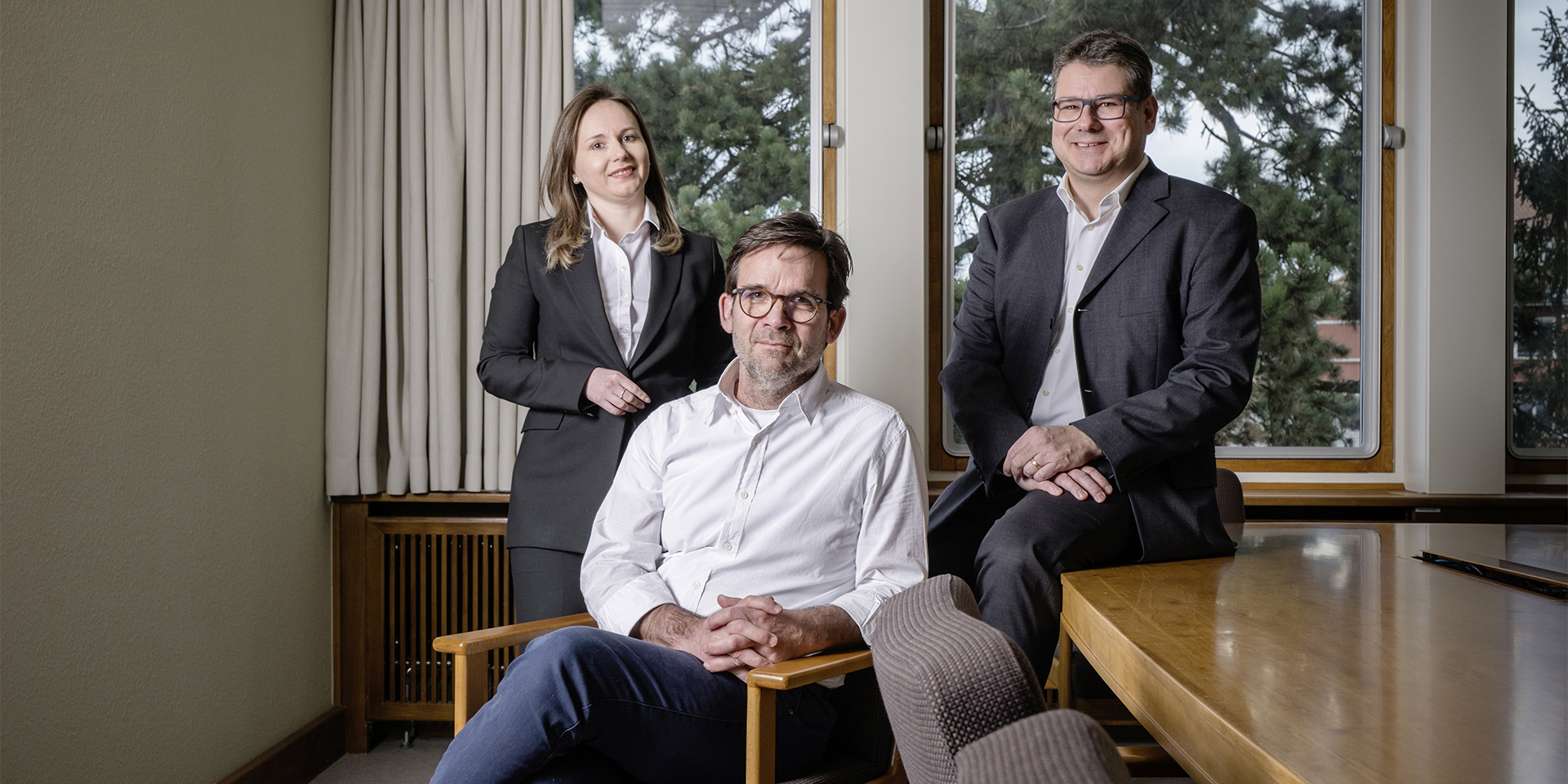
In contrast to medicinal products, medical devices are not authorised by Swissmedic. The manufacturer is responsible for the conformity of its devices. What are the greatest challenges for your division in market surveillance?
Stefan Zysset: On the one hand, there is the very large number of medical devices on the market – around 500,000 – and their wide variety, which means that the scientific inspectors on the team require extensive know-how. In our MDS Division, inspectors from various specialist areas work as an interdisciplinary team. On the other hand, we are challenged by the comprehensive new regulations on medical devices.
What kind of quality defects do you see in medical devices?
Maria Bofan: Quality defects can vary considerably: From a broken implant, via missing or incomprehensible instructions for use or malfunctions through to programming errors in software. Every reported incident and every report of a suspected defect is assessed, prioritised and processed according to a risk-based approach. We then take the measures needed to restore the correct status or reduce product risks. These often involve administrative proceedings in which, for example, we inspect device samples and submitted documents. And we also conduct inspections, some of which may be unannounced.
What about checks regarding foreign manufacturers of medical devices?
Thomas Hunkeler: Since the MRA (Mutual Recognition Agreement concerning conformity assessments) has not been updated, Switzerland is now treated by the EU as a third country in relation to medical devices. Switzerland's new medical devices regulations take this new role into account. Foreign manufacturers are legally obliged to designate an authorised representative in Switzerland in order to facilitate the control and monitoring of medical devices.
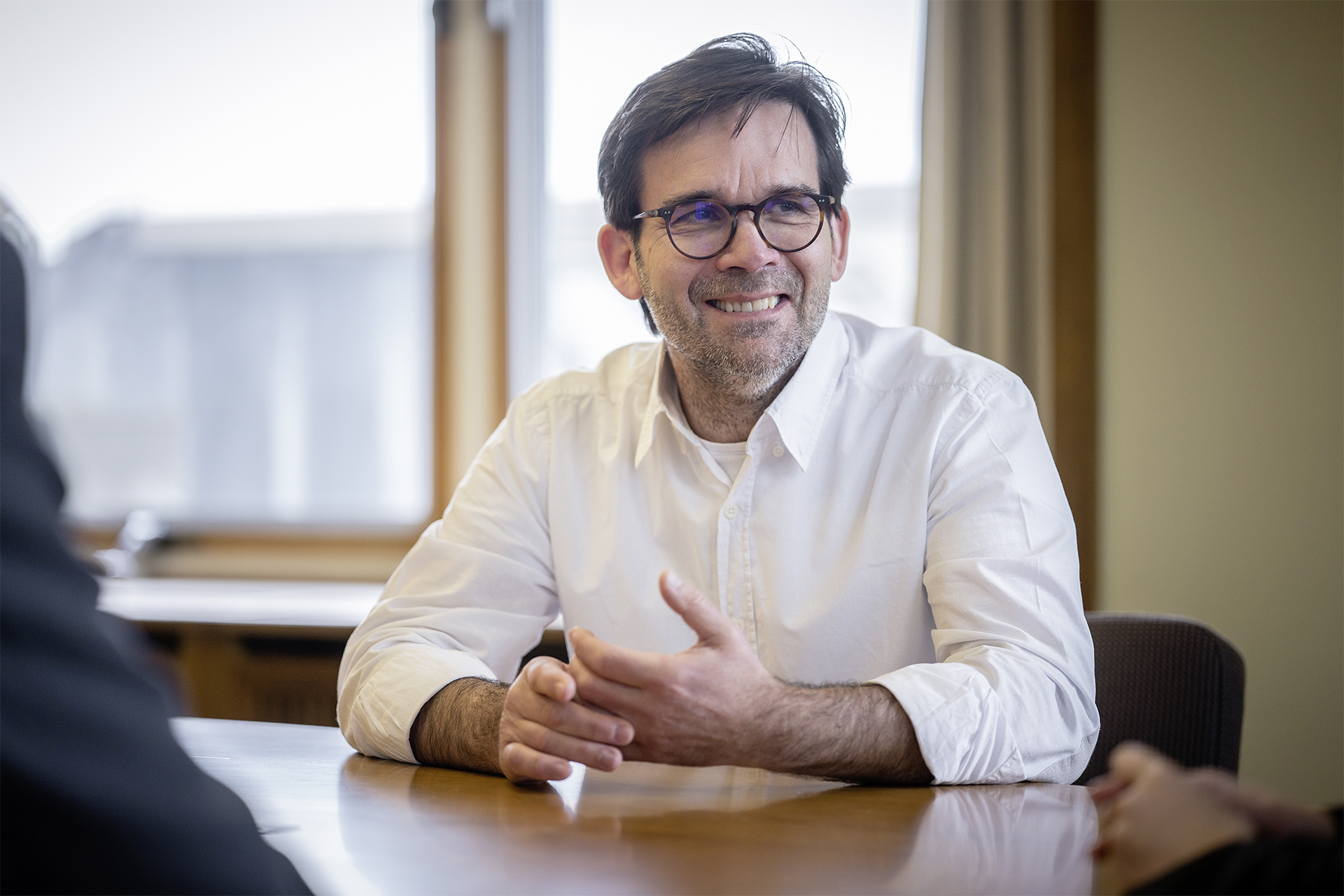
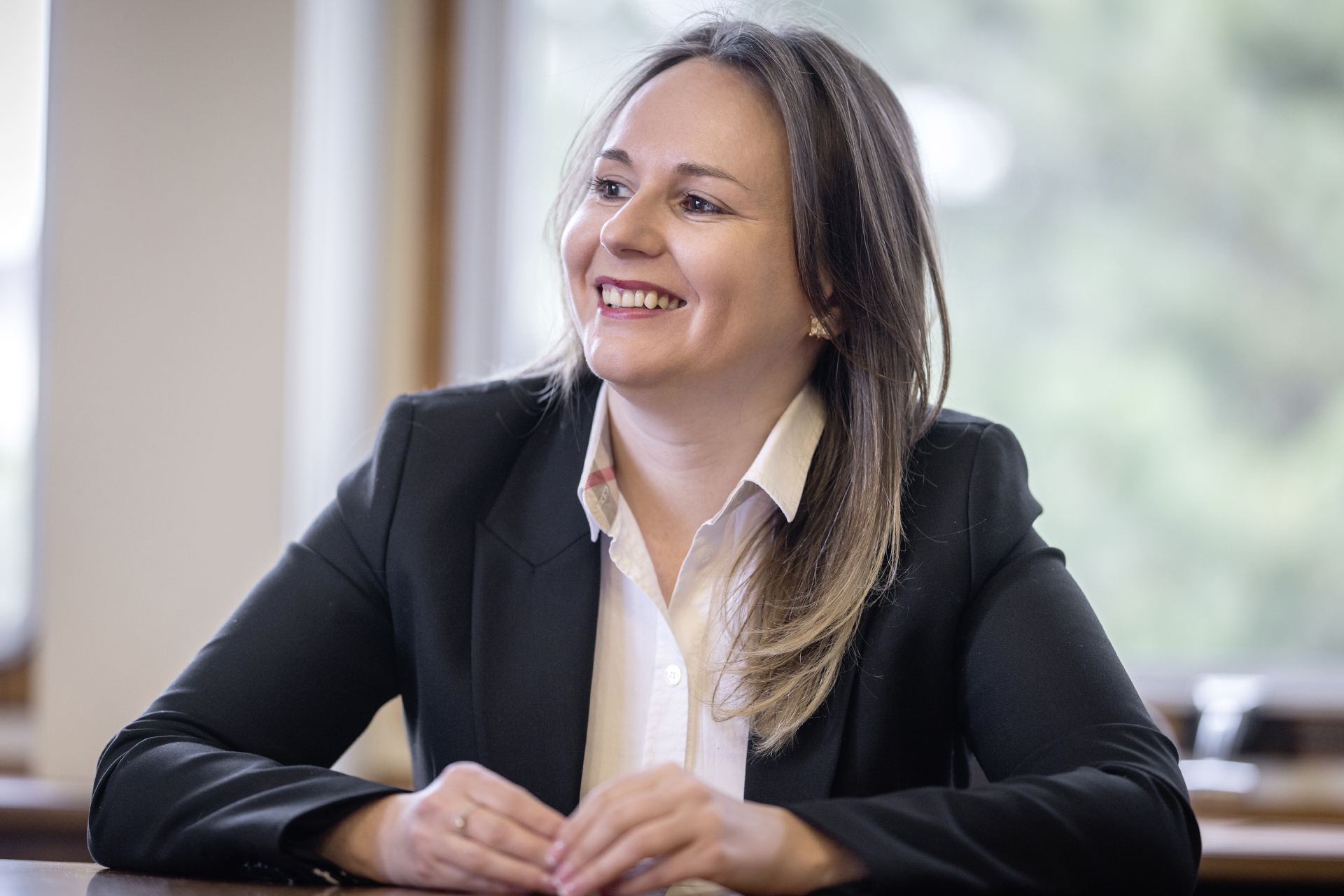
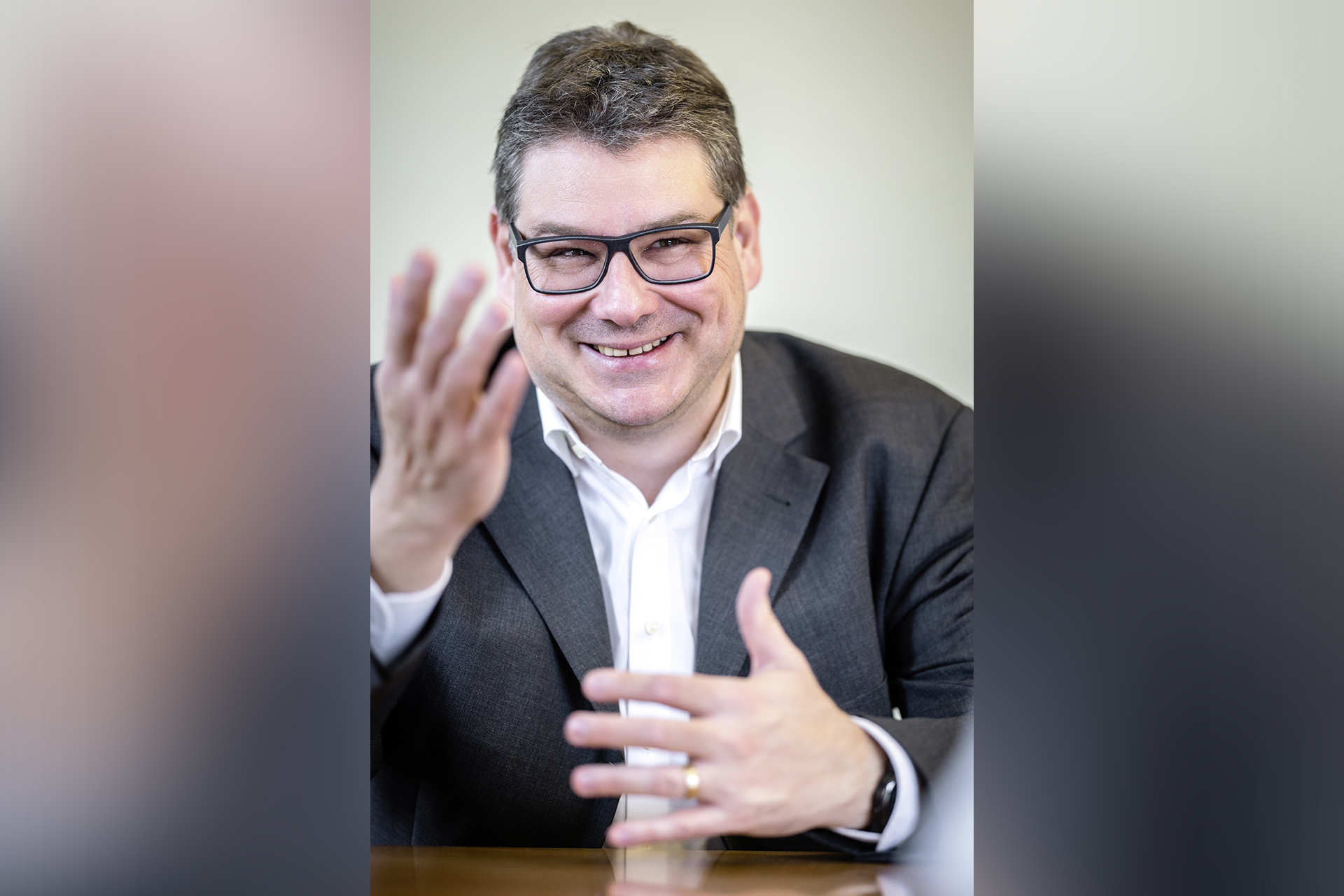
Swiss authorised representatives: What are they exactly?
Stefan Zysset: Any foreign manufacturer wishing to place a medical device on the market in Switzerland must enter into a written mandate agreement with a Swiss authorised representative, otherwise known as a CH-REP. This representative is the key player in the regulation of Swiss medical devices and acts on behalf of the foreign manufacturer, assuming responsibility for all formal and safety-related issues. The CH-REP is jointly and severally liable with the manufacturer for harm caused to third parties by defective medical devices.
How does Swissmedic ensure that the authorised representatives are aware of the new regulations and act correctly?
Thomas Hunkeler: Swissmedic has proactively provided comprehensive information, with online events, information sheets and a lot of content on our website. But it is basically the responsibility of the Swiss authorised representatives to familiarise themselves with the new regulations and implement their requirements.
And your team has conducted inspections of Swiss authorised representatives.
Maria Bofan: During a targeted campaign in the first half of 2022, we inspected 20 Swiss authorised representatives registered with Swissmedic. We checked whether the agreements with the foreign manufacturers and the competence and arrangements of the authorised representatives complied with the legal requirements.
Thomas Hunkeler: All inspections during the campaign took place in a constructive and open working atmosphere. Most authorised representatives were well informed and implemented the legal requirements satisfactorily. No deviations were found for six of the inspected authorised representatives. Some of the other representatives had to make changes to the agreements with the foreign manufacturers, particularly regarding the responsibility for reporting serious incidents to Swissmedic. Swissmedic monitored the implementation of the corrective actions. The targeted campaign proved effective, including through the publication of the results serving as a means of preventive market surveillance.
What will be the ultimate effect of the new medical devices regulations on the patients?
Maria Bofan: The new regulations are more comprehensive and stricter than the previous regulations, with the aim of improving the quality and safety of medical devices. As a result, patients are better protected and can feel even safer. From the professional standpoint I welcome the fact that the whole supply chain is now more transparent and comprehensible. When incidents arise, Swissmedic can more quickly identify where a problem exists and take steps to rectify quality defects.